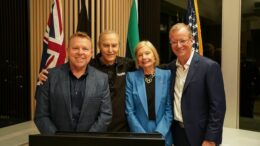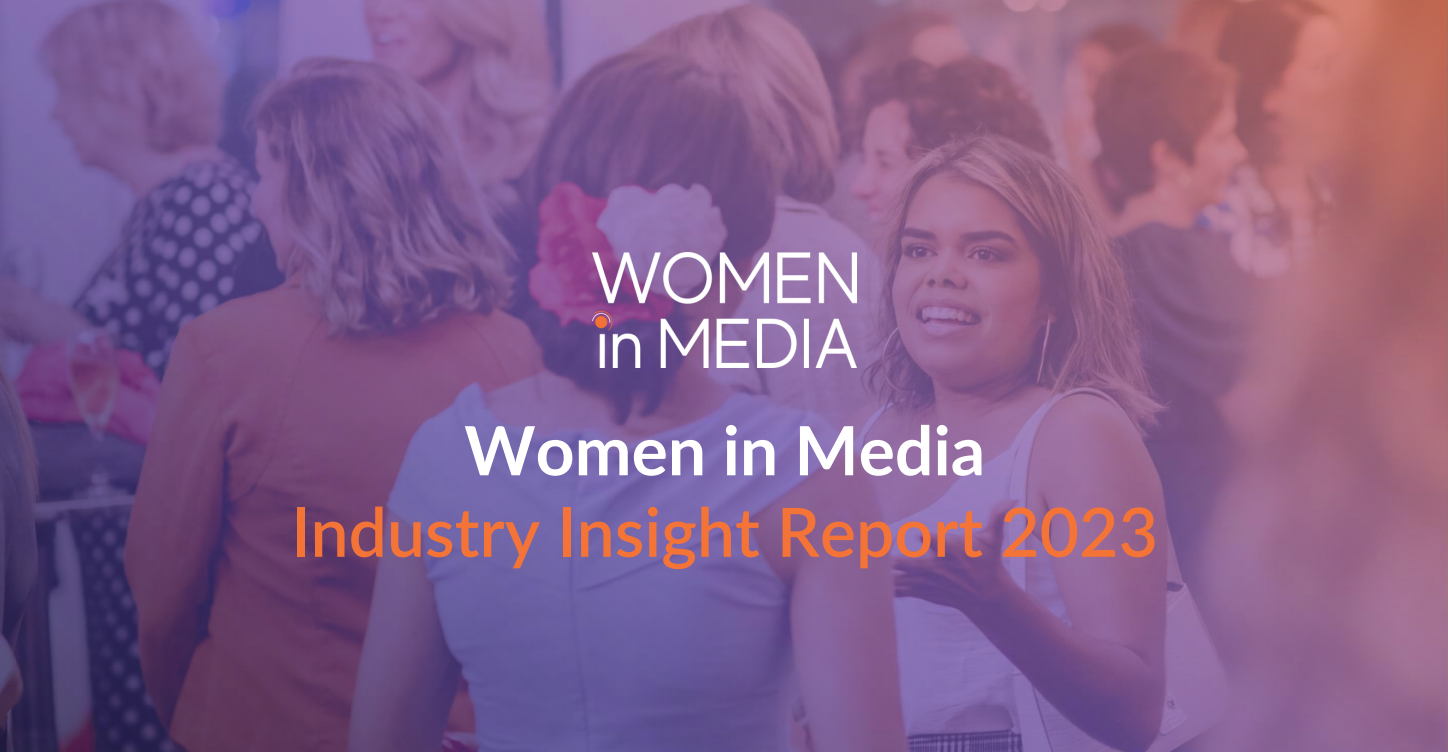Australians are growing wary of how governments and institutions are using and storing their private data after more than a year of using QR codes to check into venues.
A new study by the Australian National University has found that the level of trust to ensure data privacy fell from 5.7 out of 10 to 5.49 between May 2020 and August 2021.
However, this remains a higher point than October 2018, where trust in those institutions rated just 4.78.
The analysis revealed that confidence in the federal government to maintain data privacy declined to 5.88 out of 10, with figures slightly higher for state and territory governments at 6.07.
The study of more than 3000 people found that 88 per cent of Australians check-in via QR code as required of them in recent times.
Study co-author Professor Nicholas Biddle said significant effort was needed from governments and research institutions to increase trust relating to data privacy.
“That includes adherence to principles of openness and transparency regarding the use of data, disclosure of data breaches, the use of data for the benefits of citizens and customers not for the benefits of organisations and realistic use cases of where data sharing can benefit people,” he said.
Respondents indicated trust in social media companies to keep their data private has plummeted more than 10 per cent to just 3.08 out of 10.
Of the institutions analysed, only the Australian Bureau of Statistics saw its trust increase between the studies, jumping from 7.1 to 7.24.
Regarding checking in to venues via QR codes, 62 per cent of those surveyed always scanned, while of those who at least occasionally scan, 32 per cent said it was to keep themself safe and 27 per cent said it was to keep others safe.
For those who checked in less than “always”, 58 per cent said they simply forgot to do it.
Further, 7.4 per cent said they don’t trust the government with their data, 4.3 per cent said they didn’t trust the business and 4.2 per cent don’t trust the safety of the apps on their phones.
The study also found Indigenous Australians, those born overseas in a non-English speaking country and people living outside the most advantaged areas were less likely to use check-in apps.
Prof Biddle said the lack of use of check-in apps in these demographics could present a serious challenge.
“The fact … that many of the factors that influence usage are spatially clustered means that some of these groups are particularly at risk of the negative consequences of an outbreak,” he said.
“The fact that these groups are also less likely to be vaccinated only increases that risk.”
WITH NEWS FROM AAP
Post Views: 27
Dee Antenor is an experienced writer who specialises in the not-for-profit sector and its affiliations. She is the content producer for Third Sector News, an online knowledge-based platform for and about the Australian NFP sector.





























